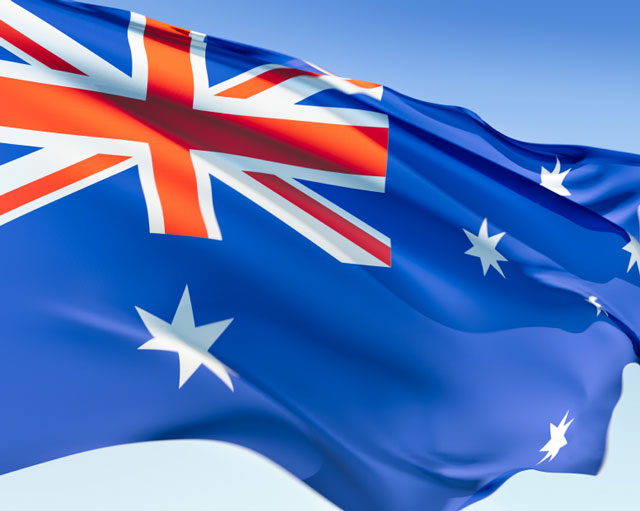08 June 2011
Human Rights Council.
17th Session.
Agenda item. UPR Country – Australia
Individual Oral Statement- Islamic Human Rights Commission
Mr. President,
The Islamic Human Rights Commission would like to raise their concern in regards to the alienation and marginalisation experienced by Muslim citizens of Australia. As well as the Government of Australia’s suspension on processing new asylum claims for Afghan and Sri Lankan nationals, which is fundamentally inconsistent with Australia’s international obligations under the 1951 UN Refugee Convention.
The Muslim population living in Australia are facing serious prejudice and hostility, incidents such as headscarves being pulled of women and attacks on Muslim organisations are common. Australia must abide by its obligations under the Convention on the Elimination of Racial Discrimination by protecting its citizens.
Over 90 per cent of asylum seekers who arrive in Australia are found to have genuine protection claims. However, their claims are being dealt with slowly whilst they are living in appalling conditions in the Australian immigration detention centers, where five suicides have been reported. The Australian Government must implement the internationally agreed criteria set out in the 1951 Refugee Convention, under which individuals who are found to be at risk of torture, persecution or death, are offered protection when seeking asylum.
The Islamic Human Rights Commission urges the government of Australia to take instant action in preventing any further attacks and abuse on the Muslim minority. Furthermore, the government of Australia must put an end to the suspension of processing Asylum cases and not override the rights of the most vulnerable.
Thank you Mr. President
{youtubejw}9ca9m_SFRmQ{/youtubejw}
{jathumbnail off}






